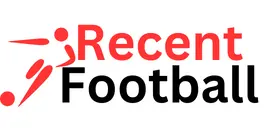For eleven straight seasons, from 12-13 to 22-23, Simeone’s talks about his team’s competitiveness compared to rivals have always translated into action on the field. He often stressed that in a long, 38-game league like La Liga, the difference in budget plays a significant role, unlike in shorter tournaments where gaps can be closed in just 90 or 180 minutes. Atlético Madrid, under Simeone’s leadership, always finished ahead of teams with lower budgets and sometimes even outperformed those with more financial resources. This season, however, things took a different turn. The team finished behind Girona, with a smaller budget, for the first time during Simeone’s era, signaling a shift in dynamics.
The Atlético Madrid squad now faces a critical summer as they find themselves closer to their rivals and farther from those they used to chase. The team seems to be aging and may require some key investments to regain their former momentum as a challenging force in the league. If they aim to return as a strong contender and disrupt the dominance of the top two clubs, Atlético must make strategic decisions and revamp certain positions. The team can no longer rely solely on past achievements; it’s time to adapt and evolve to stay competitive in the ever-changing football landscape.
As the Atlético side prepares for the upcoming season, they must acknowledge the need for rejuvenation and strategic planning. With the tides shifting in La Liga, Atlético Madrid can no longer afford to stay complacent. The upcoming summer transfer window will be crucial in reshaping the team and ensuring they remain a formidable force in the league. It’s a defining moment for Atlético, a time to chart a new course and establish themselves once again as a team that commands respect on the field.
